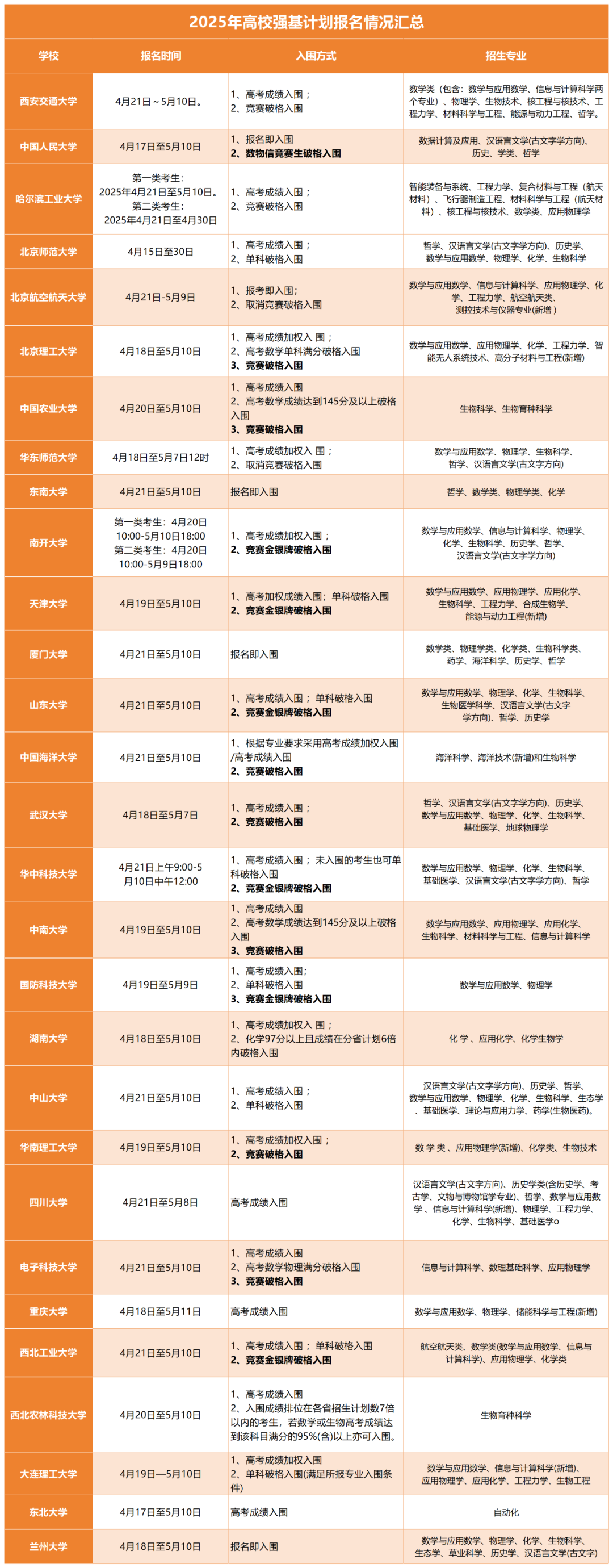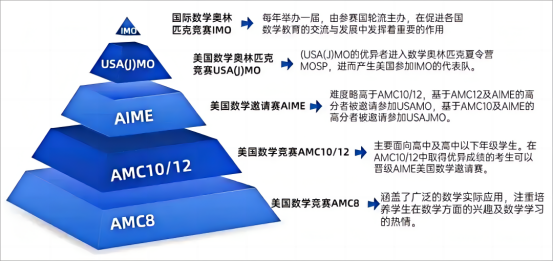
part 1
场景/话题:二手自行车回收
题型:填空题
新/旧题:旧题
难度:较简单
参考答案:
1. library 2. mirror 3. chairs 4. 4.30 5. plastic 6. school 7. bottles 8. magazines 9. batteries 10. recycling
part 2
场景/话题:视障志愿者
题型:单选 + 多选
新/旧题:新
难度:中等
参考答案:无
part 3
场景/话题:做presentation讨论
题型:单选 + 匹配
新/旧题:新
难度:中等
参考答案:无
part 4
场景/话题:关于环保的report
题型:填空题
新/旧题:旧题
难度:中等
参考答案:
31. nesting 32. feedback 33. farming 34. fishing 35. mining 36. transport 37. liquid 38. noise 39. crocodiles 40. rats

P1
标题:皮克斯动画
题型:判断+填空
新/旧题:旧题
难度:4星
参考答案:1. NG 2. TRUE 3. TRUE 4. FALSE 5. NG 6. FALSE 7. ZNL education operator 8. confidence 9. disappointment 10. President 11. listening 12. vision 13. heart
P2
标题:瑞士的花
题型:匹配+单选+填空
新/旧题:旧题
难度:四星
参考答案:14. B 15. C 16. A 17. E 18. D 19. B 20. C 21. A 22. C 23. extinction 24. lie 25. smuggle 26. caves
P3
标题:高楼的空调新风系统
题型:匹配
新/旧题:新题
难度:四星
参考答案:无

整理来自:大连机构
小作文:表格题
The chart below shows the number of five types of automobiles in Australia from 2010 to 2015.

分析:
这是一个表格的动态图,比较有特点的是,每种车辆的类型都有所增长,所以我们可以从车辆本身的基数以及增长幅度方面进行分析。
主体1段: 显著增长类别
摩托车(Motor)和汽车(Cars)的增长最为突出。摩托车数量从15万激增至45万,增长率高达200%,是增幅最大的类别。尽管其基数较小,但其增速远超其他类型。相比之下,汽车作为数量最大的类别,从158万增至250万,增幅58%,贡献了92万的增量,占总增长量的近一半。
主体2段:其它增长类别
厢式货车(Vans)和卡车(Truck)呈现中等增长。厢式货车从25万增至35万(+40%),卡车则从100万增至120万(+20%)。尽管卡车增幅较低,但其20万的增量仍显著高于厢式货车的10万。SUV的增长最为缓慢,仅从75万增至85万,增幅13%。这一增速远低于其他类型。
高分表达建议:
动词:
surge, dominate, contribute to, account for
形容词:
dramatic, moderate, marginal, predominant
连接词:
Notably, Conversely, By comparison
大作文
In many parts of the world, children have more freedom than they used to have. Is this a positive or negative development?
该题目讨论“儿童拥有更多自由是积极还是消极的发展”。本题需要抓住的核心是现在儿童的自由度变化,并分析其利弊。
现在孩子们拥有的自由,一般可以从以下角度进行切入:
1. 教育方式的变化
2. 社会观念的转变
3. 科技的影响
4. 家庭结构的变化等
儿童拥有更多自由是积极的(即自由所带来的好处)
1. 培养独立性:更多自由让孩子自主决策(如管理零花钱、安排时间),提升解决问题能力。
2. 促进创造力:减少过度管控,孩子有空间探索兴趣(如艺术、科技)。
儿童拥有更多自由是消极的(即自由所带来的坏处)
1. 安全风险:缺乏监管可能导致网络滥用(如沉迷游戏), 如过度自由使用社交媒体,引发网络欺凌或隐私泄露。
2. 学业压力失衡:过度自由可能分散注意力,导致学习效率下降。
话题关键词汇
核心概念
Autonomy(自主权)
Overprotection(过度保护)
Age-appropriate freedom(适龄自由)
Digital literacy(数字素养)
正方相关
Self-reliance(自立)
Critical thinking(批判性思维)
Unstructured play(非结构化游戏):通常指那些没有固定规则、没有成人指导、由孩子自主发起的游戏形式。比如孩子们在公园里自由玩耍,自己创造游戏规则,而不是按照既定的体育比赛规则进行。
反方相关
Negligence(疏忽)
Cyber risks(网络风险)
Academic procrastination(学业拖延)

整理来自:大连机构
雅思口语4月19预测及解析
1. Books and reading habits
Do you often read books? When?2. Are your reading habits now different than before?3. Have you ever read a novel that has been adapted into a film?
回答思路:
· 你可以谈谈自己对读书的喜好,是喜欢阅读纸质书还是电子书。
· 分享你喜欢的书籍类型(小说、非小说、历史、科学等)。
· 解释你的阅读习惯,比如是否每天阅读,是否有特定的时间或者地点来读书。
亮点词汇:
· Engrossed (全神贯注)
· Page-turner (引人入胜的书)
· Bibliophile (书籍爱好者)
· Fiction (小说)
· Non-fiction (非小说类书籍)
2. Sports programs
1. Do you like watching sports programs on TV?2. Do you like to watch live sports games?3. Who do you like to watch sports games with?
回答思路:
· 你可以讨论自己是否喜欢看体育节目,喜欢看哪些类型的体育项目(如足球、篮球、网球等)。
· 讲述自己观看体育节目的习惯,比如是否常看直播,喜欢通过电视还是网络观看。
· 也可以谈谈体育节目的影响,如对体育精神、团队合作等的启发。
亮点词汇:
· Broadcast (播出,广播)
· Live coverage (现场直播)
· Athletic (运动的,体育的)
· Intense competition (激烈的竞争)
· Sportsmanship (体育精神)
3. Sitting down
1. Where is your favorite place to sit?2. Do you always sit down for a long time?3. Do you feel sleepy when you are sitting down?
回答思路:
· 讨论你坐下时的习惯,如喜欢坐在舒适的沙发、办公椅还是公共场所的椅子上。
· 提到你坐的时间是否长,是否注重坐姿,是否会时常改变坐姿。
· 可以提到坐下时是否有某些活动,如看电视、工作或休息。
亮点词汇:
· Posture (姿势)
· Ergonomic (符合人体工学的)
· Reclining (向后倾斜的)
· Relaxation (放松)
· Slouching (弯腰驼背)
4. Swimming
1. Do you like swimming?2. Is it difficult to learn how to swim?3. Where do people in your country like to go swimming?
回答思路:
· 你可以谈论自己是否喜欢游泳,是否会定期游泳,或者是作为运动的一部分。
· 描述你喜欢的游泳方式(自由泳、蛙泳、仰泳等)和游泳的环境(室内泳池、海滩等)。
· 分享游泳对你的健康、放松和娱乐的影响。
亮点词汇:
· Strokes (游泳姿势)
· Endurance (耐力)
· Refreshing (清爽的)
· Water-resistant (防水的)
· Float (漂浮)
5. Mirrors
1. Do you like looking at yourself in the mirror? How often?
2. Have you ever bought mirrors?3. Do you usually take a mirror with you?
回答思路:
· 讨论镜子在日常生活中的作用,是用来检查外貌、装饰还是其他。
· 提到你家中常见的镜子种类和位置。
· 你是否喜欢镜子,是否有特定的使用习惯(比如在出门前检查)。
亮点词汇:
· Reflective surface (反射表面)
· Self-image (自我形象)
· Glamour (魅力,吸引力)
· Framed mirror (有框镜子)
· Distortion (扭曲)
6. Dream
1.Do you often remember your dreams?2. Are you interested in others dreams?3.Do you think dreams have special meaning?
回答思路:
· 你可以讨论你最近是否有做梦,梦的内容通常是什么类型(如白天的思考、情感或幻想)。
· 描述你对梦的理解,是否相信梦与现实的联系。
· 提到梦对你情感或思想的影响。
亮点词汇:
· Subconscious (潜意识的)
· Vivid (生动的)
· Lucid dream (清醒梦)
· Nightmare (噩梦)
· Symbolism (象征意义)
7. Borrowing/Lending (雅思新题)
1.Have you borrowed books from others?2. Have you ever borrowed money from others?3. Do you like to lend things to others?
回答思路:
· 你可以分享自己是否喜欢借东西或借给别人东西,通常借什么东西(书籍、衣物、工具等)。
· 讨论借物时的信任感,是否有曾经借东西遇到麻烦的经历。
· 可以提到你对借东西和还东西的看法,是否更倾向于购买而不是借。
亮点词汇:
· Loan (贷款,借出)
· Return (归还)
· Trustworthy (值得信赖的)
· Reciprocity (互惠)
· Borrower (借款人)
8. History (雅思新题)
Have you ever studied any history?How do you learn history?What are the benefits of learning history?
回答思路:
· 你可以谈谈你对历史的兴趣,是否喜欢学习历史。
· 讲述自己最喜欢的历史时期或历史人物。
· 可以分享历史对你个人的影响,或者你认为历史的重要性。
亮点词汇:
· Historical events (历史事件)
· Ancient (古代的)
· Civilizations (文明)
· Chronicles (编年史)
· Legacy (遗产)
9. Gifts (雅思新题)
Are you good at giving gifts?When do you usually give gifts to others?What do you consider when choosing a gift?
回答思路:
· 你可以谈谈你最喜欢收到什么样的礼物,或者你送过别人什么特别的礼物。
· 讨论送礼和接受礼物的文化,是否认为礼物有特殊的意义。
· 提到送礼的场合,比如节日、生日或纪念日。
亮点词汇:
· Thoughtful (深思熟虑的)
· Personalized (个性化的)
· Occasion (场合)
· Gifting culture (送礼文化)
· Appreciation (感激)
10. Colors (雅思新题)
1. What's your favorite color?2. What's the color you dislike? Why?3. What colors do your friends like most?
回答思路:
· 你可以谈论你最喜欢的颜色以及为什么喜欢它。
· 分享颜色对你心情的影响,比如不同颜色给你带来的感觉。
· 讨论颜色在日常生活中的应用,比如衣服、家居装饰等。
亮点词汇:
· Vibrant (充满活力的)
· Pastel (柔和色调)
· Symbolism (象征意义)
· Mood-enhancing (提升心情的)
P2&3
一、 重要河流
escribe am important river/lake in your country
思路:
Where it is locatedHow big/long it isWhat it looks likeAnd explain why it is important
亮点词汇:
Tributary (支流)
Waterway (水道)
Basin (流域)
Serene (宁静的)
Flow (流动)
Source (源头)
Wetland (湿地)
Floodplain (泛滥平原)
Ecosystem (生态系统)
Conservation (保护)
Part3
1. How can rivers and lakes benefit local people?
2. Do you think rivers and lakes attract tourists?
3. How do rivers and lakes affect local tourism?
4. Are rivers and lakes good for transport? Why?
二、 学到新东西的网络视频Describe an online video where you learned something new
思路:
When and where you watched itWhat it wasWhy you watched itAnd explain what you have learned from it
Part 3
1. What kinds of videos are most popular in your country?2. Are there many people who watch online videos a lot?3. Do you think people spend too much time on watching short videos? Why?
4. Why are so many young people obsessed with short videos?5. What are the advantages of online learning?6. Do you think online learning will replace face-to-face learning?
三、 重遇旧友Describe an old friend you had lost touch with and got in contact with again
思路:Who he/she isHow you knew each otherWhy you lost contactHow you got in contact againAnd explain how you felt after getting in contact again
Part 3
1. Is it better to have a lot of friends than just a few friends?2. Would having just a few friends limit your horizons?3. Do you think you are good at maintaining good relationships with others? 4. Why do old friends lose touch with each other?5. Why do people need to make new friends?6. Why do we have to give up some old friends?
四、 近期观影Describe a movie you watched recently
思路:
When and where you watched itWho you watched it withWhat it was aboutAnd explain why you chose to watch this movie
Part 3
1. What kinds of movies do you think are successful in your country?2. What are the factors that make a successful movie?3. Do Chinese people prefer to watch domestic movies or foreign movies?4. Do you think only well-known directors can create the best movies?5. Do you think successful movies should have well-known actors or actresses in leading roles?6. Why do people prefer to watch movies in the cinema?
五、 困难挑战Describe a challenge you faced that you thought was rather difficult
思路:What it wasWhen and where you faced itWhy you thought it was a difficult challengeAnd explain how you felt at the time
Part 3
1. What do children often do when they face a challenge?2. Is it easy for children to overcome a challenge?3. Do most people choose to face a challenge alone or with others?4. What activities do you think would make children feel challenged? Why?
5. What challenges would people face when learning new sports?6. Why do some people enjoy doing extreme sports?














